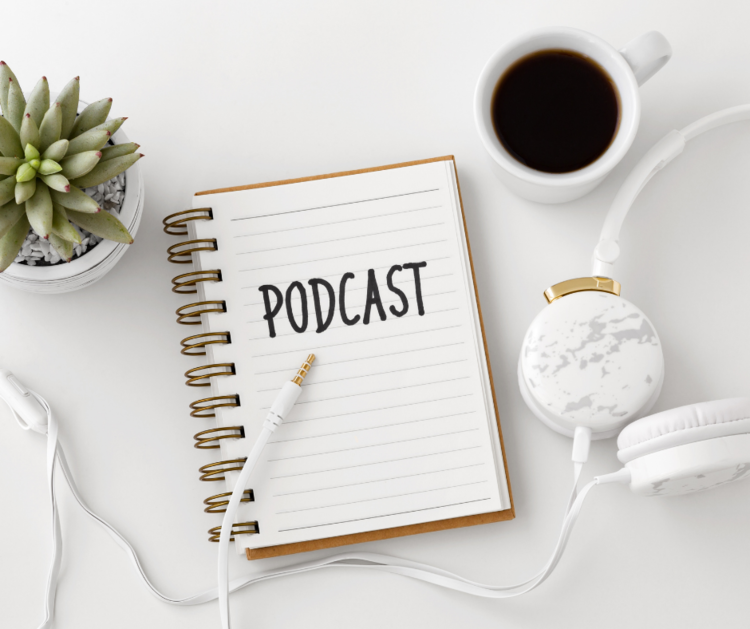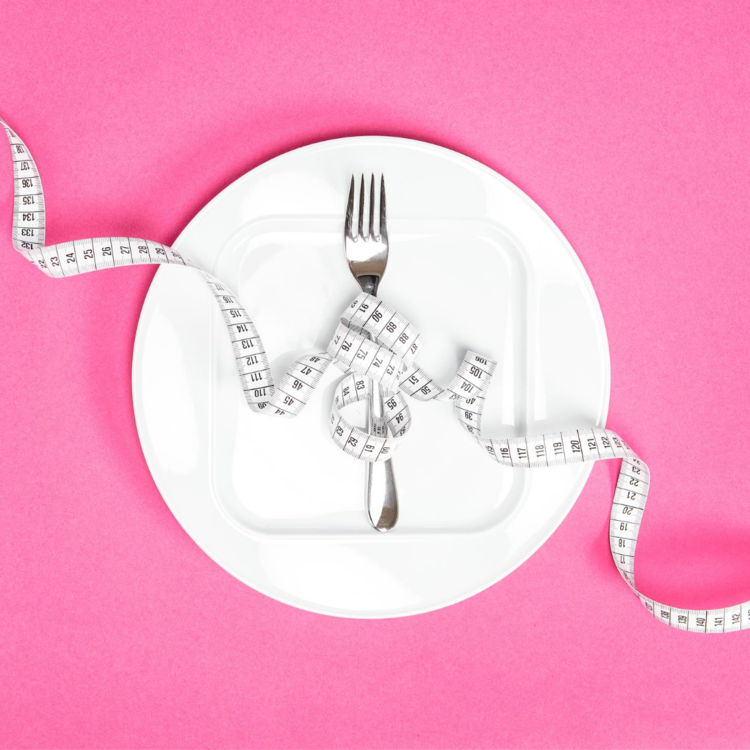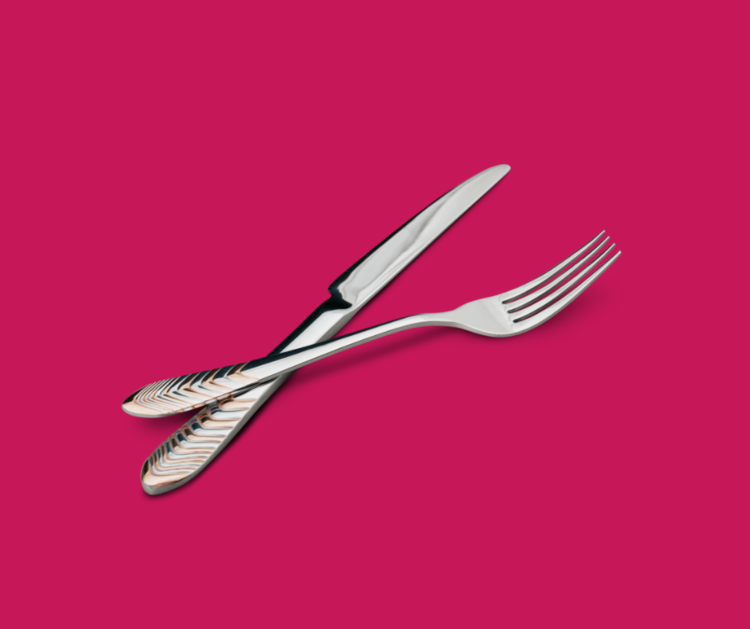
When Safety Looks Like Control: Understanding Trauma Responses Through Food and Body
For many people, control over food or their body isn’t vanity; it’s a matter of survival. This post explores how restrictive eating, rigid routines, or body-focused behaviours can emerge as trauma responses, offering a sense of safety when life feels unpredictable. With compassion and clinical insight, we examine why these patterns emerge and how to gently cultivate new forms of safety that don’t rely on control.

What If I Miss My Eating Disorder?
No one talks about the grief that comes with recovery. Missing your eating disorder doesn’t mean you’re failing; it means you’re human. This post explores why letting go can feel like loss, and how to find new safety, identity, and care on the other side.

Safety in Shrinking: When Weight Loss Becomes a Coping Strategy
When weight loss feels like control or protection, it can quietly become a way to survive trauma. This post explores why shrinking sometimes feels safe, the hidden costs of this coping mechanism, and how to begin finding security in your body without relying on restriction or disappearance.

How Trauma Shapes Our Relationship with Food and the Body
Why do food and body image struggles run so deep and feel so hard to change? For many, the answer lies in trauma. In this gentle, psychoeducational post, we explore how trauma responses like dissociation, shame, and control can quietly shape eating behaviours, and why compassion (not willpower!) is key to healing.

Tips for Maintaining Recovery from an Eating Disorder: Practical Strategies to Prevent Relapse
Maintaining recovery from an eating disorder involves ongoing commitment and practical strategies. From building a strong support network and establishing a routine to practicing mindful eating and setting realistic goals, this guide provides essential tips to help you stay on track. Dive into our Course Library for comprehensive resources and support designed to empower you on your recovery journey and foster lasting well-being.

How to Support a Loved One with an Eating Disorder: Compassionate and Effective Strategies
Supporting a loved one through an eating disorder is a profound act of compassion and care. Our guide offers practical strategies for providing the right support, from educating yourself about different eating disorders to encouraging professional help and promoting healthy coping strategies. Learn how to approach conversations with empathy, maintain patience, and support their treatment goals. For further guidance and resources, explore our Course Library, which includes essential tools on body image, intuitive eating, and emotional well-being.

Understanding Eating Disorders: Types, Symptoms, and Effective Treatments
Eating disorders affect millions and go beyond just food and weight. From anorexia to pica, each type has unique symptoms and requires specific treatment approaches. This guide delves into the complexities of eating disorders, offering insights into recognising symptoms, understanding different types, and exploring effective treatments. Whether you’re seeking to support a loved one or understand more about these conditions, this post provides essential information and compassionate guidance for navigating the journey towards recovery. For further support, explore our Course Library, featuring resources on eating disorders, body image, intuitive eating, and more.

Trauma, Abuse and Eating Disorders
Researchers think there are many people with eating disorders who are also suffering from symptoms of post-traumatic stress disorder, or PTSD. There are strong links between eating disorders and a history of childhood sexual abuse and/or adult rape.

Eating Disorder Facts and Myths
Eating disorders can be a way of coping with feelings or situations that are making the person unhappy, angry, depressed, stressed, or anxious. They are not the fault of the person suffering, and no one chooses to have an eating disorder. They are complex psychological issues and have surprisingly little to do with food with you dig really deep into them.

What is OSFED and what counts as disordered eating?
Disordered eating doesn't just mean eating disorders. It includes the binge and restrict cycle, the dieting cycle, restriction of amounts or times of food, overeating in the name of a cheat day and then fasting the next day. Sometimes a person’s symptoms don’t exactly fit the expected symptoms for the clinical criteria for eating disorders. In that case, they might be diagnosed with an “other specified feeding or eating disorder” (OSFED).

Understanding Bulimia Nervosa
People with bulimia are caught in a cycle of eating large quantities of food (called bingeing), and then trying to compensate for that overeating by vomiting, taking laxatives or diuretics, fasting, or exercising excessively (called purging). Someone with bulimia will place a strong emphasis on their weight and body shape and may see themselves as much larger than they are (links to Body Dysmorphic Disorder).

What You Need To Know About Anorexia Nervosa
A person suffering from anorexia may develop “rules” around what they feel they can and cannot eat, as well as things like when and where they’ll eat. They may engage in body checking behaviours such as weighing and measuring themselves regularly (links with obsessive-compulsive features) and they may experience body dysmorphia (a distorted view of their own body).

Is Intuitive Eating Suitable for You and Are You Ready For It?
Intuitive Eating (IE) is a brilliant approach for making peace with food. But after years of dieting, disordered eating or full blown eating disorders, embracing Intuitive Eating can be a very daunting task. It’s also not suitable for everyone, right away. It’s therefore important to assess honestly, where you’re at with food and eating, before you dive into Intuitive Eating. Here’s some questions to help you assess your readiness…

Best Podcasts for Intuitive Eating, HAES, and Ditching Diet Culture
There are loads of great podcasts presented by dietitians, nutritionists, doctors, and therapists. Often, they feature other experts on their shows. It’s a fantastic way to learn a lot about a topic and hear some of the discussions and debates on an issue. Here are my favourite podcasts on Health At Every Size®, Body Positivity, and Intuitive Eating.

The Dangers of Diet Culture
Diet culture is life-threatening, toxic and damaging to both our physical and mental health. It can also spread like wildfire through the family tree. Many of the women on my courses have spoken of their friends, mothers, sisters and aunts dieting. If you struggle with disordered eating now, I can pretty much guarantee that someone in your circle has experimented with diets, body-shamed you or body shamed themselves in front of you. Can you relate to my story?

Which type of eater are you?
Taking some time to figure out which eating style you fall into can help bring awareness to any patterns of disordered eating you may have, and highlight the particular challenges you need to tackle on your own recovery journey.

Healthy Eating, Clean Eating and Orthorexia: Where Do We Draw The Line?
Where do the lines between healthy Eating, Clean Eating, and Orthorexia blur? A look at Wellness Bloggers and the cult of wellness, inspired by BBC3's Clean Eating's Dirty Secrets and Selfridges #Bodytalk
